Coronavirus Disease: Symptoms, Prevention, And Treatment
Causes to cure - all you need to know about the 21st-century pandemic that shook the world.
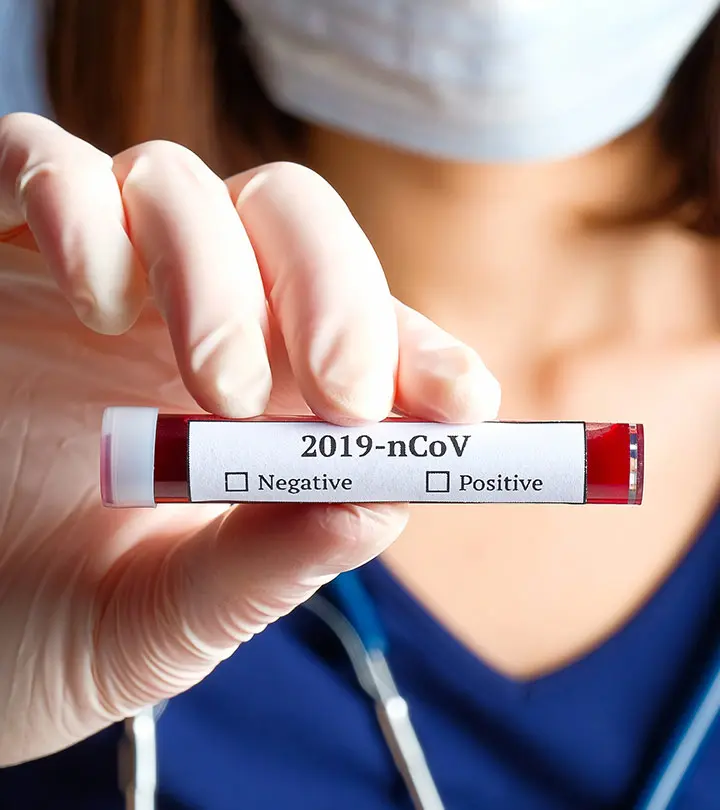
Image: iStock
Coronavirus disease or COVID-19 is caused by SARS-CoV-2 virus. Its severity may range from mild common cold symptoms to severe respiratory syndrome.
This virus causes Severe Acute Respiratory Syndrome (SARS-CoV) and Middle East Respiratory Syndrome (MERS-CoV). The first case of the novel coronavirus (COVID-19) was found in Wuhan, China, in 2019.
SARS-CoV-2 is the 7th member of the coronavirus that affects human beings (1). 80% of the detected cases are from China and have spread to over 90 countries and territories, affecting a major part of the world population. It spreads via human contact and has led to deaths across the globe(2).
This article answers all the possible questions related to COVID-19. Keep reading to know more.
In This Article
Coronaviruses are common in both humans and animals. There is a wide range of animals that are known to be the source of coronavirus.
For instance, SAR-CoV was transmitted from civet cats, and MERS-CoV originated from camels (3). However, animal coronaviruses affecting humans are rather rare. Sometimes, coronaviruses that affect animals can be transmitted to humans, evolving into a new coronavirus – like the novel coronavirus – 2019 (4).
Q: How Does COVID-19 Spread? Is It Contagious?
Yes, it is contagious. COVID-19 can spread from person-to-person through respiratory droplets (5). When an infected person coughs or sneezes, if the droplets land in the mouths or noses of people nearby (who are in close contact, within 6 feet), there are high chances of them being exposed to the COVID-19 virus.
One can also be exposed to COVID-19 by coming in contact with a surface or object that has the virus on it. Fortunately, unlike other highly transmissible diseases, this virus cannot remain airborne for long.
Currently, there is no research to confirm its spread through food. Due to its poor survivability, this virus may not spread from food products or other items that are shipped over days or weeks or consumed after long hours.
The incubation period (time between exposure to the virus and the arrival of symptoms) for COVID-19 is estimated between 2-14 days (6).
This virus can spread easily in communities, and for every one infected person, two other people can potentially get the infection if they do not practice hand hygiene and other preventive measures.
Q: What Are The Symptoms Of COVID-19?
The current symptoms of this infection are described to have flu-like characteristics. These symptoms may appear 2-14 days after exposure (7).
- Fever
- Cough
- Shortness of breath
- Fatigue
- Body or muscle aches
Call your doctor immediately if you develop these symptoms and have been in contact with an infected person.
If you have traveled from an area that has widespread COVID-19, please visit your doctor immediately.
More critical cases can develop pneumonia-like symptoms, such as acute respiratory distress syndrome. People with a chronic condition are vulnerable to severe illness.
Q: How Is COVID-19 Diagnosed?
Your healthcare provider can determine if your symptoms are explained by other causes or by COVID-19. If the laboratory tests are confirmed, your healthcare provider will collaborate with health officials in your state to collect clinical specimens for diagnosis.
Q: How To Protect Yourself From COVID-19
According to the Centers For Disease Control And Prevention, the best way to steer clear of this virus is by following some basic preventive measures that can control the spread of COVID-19 (8). They include:
- Wash your hands with soap and water for at least 20 seconds. Do this as often as you can, especially after coughing, before eating, after using the washroom, and after any contact with animals.
- Use an alcohol-based hand sanitizer that contains a minimum of 60% alcohol.
- Refrain from touching your eyes, nose, and mouth with unwashed hands.
- Maintain at least 6 feet distance from infected persons.
- Avoid going to public gatherings. Stay home as much as possible.
- Always cover your sneeze and cough with a tissue and dispose of it immediately.
- Keep your things clean and disinfect frequently touched objects and surfaces.
- Practice food safety. Use separate chopping boards and utensils for meat. Wash your hands after touching raw meat.
- Ventilate the spaces as much as possible (offices and homes).
- Adhere to these rules while traveling as well.
Q: What Is The Best Handwashing Technique?
According to the CDC, washing hands regularly can avoid the spread of various diseases.
An effective handwashing technique involves 5 steps (9).
- Wet – Wet your hands.
- Lather – After applying the soap, rub your hands together and lather between the fingers and the back of the hands.
- Scrub – Scrub your hands at least for 20 seconds.
- Rinse – Rinse well with warm water.
- Dry – Pat your hands dry using a towel.
- Use paper napkins and dispose them well.
If you have spent time in any of the current affected areas:
- Stay at home for 15 days.
- Do not travel by public transport.
- If you are showing even the slightest symptoms, visit your healthcare provider immediately (call ahead before visiting the doctor).
- Frequently monitor your oxygen levels.
Q: What Precautions Should People Who Are In Close Contact With A Symptomatic Individual Take?
According to the CDC and WHO, you need to follow these precautions if you are in contact with an affected person (10), (11).
- Monitor your health
- Monitor the person’s symptoms.
- Household members should stay in a separate room and use a separate bathroom, if available.
- Do not encourage visitors.
- Do not let the pets near the patient.
- Perform strict hand hygiene.
- Disinfect the surfaces often.
- Wear disposable masks and gloves.
- Avoid sharing household items with the patient.
- Change the bedding regularly, and do not let it touch you.
Discuss any additional guidelines with the respective healthcare provider
Q: What Treatments Are Available For COVID-19?
According to the Centers For Disease Control And Prevention, currently, there is no specific treatment for COVID-19. People with COVID-19 should receive immediate care to help manage the symptoms.
If you think you are exposed to COVID-19, visit your healthcare provider immediately. For severe cases of COVID-19, treatments include high-intensity support to vital organ functions. Firsthand treatment includes immediate isolation and the implementation of appropriate infection prevention and control (IPC) measures (8).
Q: How Long Does COVID-19 Last?
Most people affected with COVID-19 may recover within 2-3 weeks. However, the recovery time varies from person-to-person, depending on their immunity levels. People with pneumonia take longer to recover. In critical cases, it may take months to recover, or the person may die.
Q: Will Heat Kill COVID-19?
It is thought that COVID-19 can survive for up to four days on surfaces. Some researchers say that the survivability of these viruses might be reduced during the summer. However, there is currently no data on how heat can affect the virus (12).
The CDC does not recommend healthy people to wear a face mask to protect themselves from COVID-19. If you are not infected, you need not wear a mask. You only need to wear a mask if you are taking care of an infected person. The purpose of a face mask is to prevent the spread of the disease to others or contracting it.
Q: How To Put On A Mask?
- Clean your hands with an alcohol-based sanitizer before putting on the mask.
- Cover your nose and mouth with the mask.
- Ensure not to leave any gaps between your face and the mask.
- Do not reuse single-use masks.
- Sanitize your hands thereafter and avoid touching your face or your mask again.
The World Health Organization estimates 3.4% mortality rate as of March 3, 2020 (13).
Q: COVID-19 In Babies – Are Children At Risk?
There is no evidence that children are at risk of this virus (14). Most confirmed cases, as of now, are seen in adults. Very few young children have been reported to have COVID-19. However, to be on the safe side, children are advised to practice general preventive measures.
Q: Which Age Group Is At Increased Risk?
According to the WHO, medium-aged people are at higher risk of contracting COVID-19 (15). Very few cases are detected among children below 10 years.
Q: Am I At Risk?
The CDC has stated the following risk categories :
- High Risk – If you have travelled from Hubei, China, Iraq, and Italy, or if you are in close contact with an infected person.
- Medium Risk – Travelers from other minor widespread countries.
- Low Risk – Children below the age group of 10.
Coronavirus is thought to have come from bats and spread to humans. The main symptoms of this infection are loss of taste or smell, cough, cold, muscle aches, fatigue, and difficulty in breathing. But, frequent hand washing and practicing social distancing help protect yourself from this viral infection. However, consult your doctor for treatment as soon as you started feeling the symptoms related to COVID. Avoiding large gatherings, keeping your mask on when you are anywhere outside your home, and getting vaccinated are the best ways to protect yourself from the virus.
Frequently Asked Questions
What are the organs most affected by Covid-19?
Covid-19 predominantly affects the lungs. However, it can also harm your kidneys, brain, and heart.
What is long Covid?
While most people recover within a few weeks from Covid-19, some may experience lingering health issues even after healing. These ongoing problems are termed as long Covid.
How does Covid-19 affect the lungs?
Covid-19 can cause lung complications where they are filled with mucus, debris, fluid, and other cells, leading to pneumonia and acute respiratory distress syndrome (ARDS).
What are the complications of Covid-19?
Complications of Covid-19 may include acute respiratory failure, pneumonia, ARDS, acute liver, cardiac, and kidney injury, secondary infection, septic shock, and more.
Are smokers more likely to develop severe diseases with Covid-19?
Yes. According to WHO, smokers are more likely to develop severe diseases with Covid-19 than non-smokers.
Can Covid-19 spread through the water while swimming?
No. Covid-19 doesn’t spread through the water while swimming. However, you should follow safety precautions like wearing a mask, sanitizing your hands, and maintaining social distancing near the pool.
Key Takeaways
- SARS-CoV-2 also known as coronavirus, is highly contagious. The major mode of transmission is through respiratory droplets.
- Fever, dry cough, fatigue, and shortness of breath are the major symptoms of this virus.
- Sanitize the hands regularly, wear a mask, maintain six feet distance, avoid touching the eyes, nose, mouth with unwashed hands, and stay indoors to reduce the risk of infection.
References
Articles on StyleCraze are backed by verified information from peer-reviewed and academic research papers, reputed organizations, research institutions, and medical associations to ensure accuracy and relevance. Read our editorial policy to learn more.
- Zhu, et al. “A Novel Coronavirus from Patients with Pneumonia in China, 2019: NEJM.” New England Journal of Medicine, 20 Feb. 2020
https://www.nejm.org/doi/10.1056/NEJMoa2001017 - “Coronavirus Cases:” Worldometer
https://www.worldometers.info/coronavirus/ - “Coronavirus.” World Health Organization, World Health Organization.
https://www.who.int/health-topics/coronavirus
- “ANIMAL CORONAVIRUSES: LESSONS FOR SARS.”, National Academies Press (US); 2004.
https://www.ncbi.nlm.nih.gov/books/NBK92442/ - “Transmission of COVID-19 virus by droplets and aerosols: A critical review on the unresolved dichotomy.” Environmental research vol. 188 (2020): 109819, 16 Feb, 2010.
https://www.ncbi.nlm.nih.gov/labs/pmc/articles/PMC7293495/
- Linton, Natalie M et al. “Incubation Period and Other Epidemiological Characteristics of 2019 Novel Coronavirus Infections with Right Truncation: A Statistical Analysis of Publicly Available Case Data.” Journal of clinical medicine vol. 9,2 E538. 17 Feb. 2020.
www.ecdc.europa.eu/en/novel-coronavirus-china/questions-answershttps://pubmed.ncbi.nlm.nih.gov/32079150-incubation-period-and-other-epidemiological-characteristics-of-2019-novel-coronavirus-infections-with-right-truncation-a-statistical-analysis-of-publicly-available-case-data/
- Zhang, Jin-Jin et al. “Clinical characteristics of 140 patients infected with SARS-CoV-2 in Wuhan, China.” Allergy, 10.1111/all.14238. 19 Feb. 2020.
https://pubmed.ncbi.nlm.nih.gov/32077115-clinical-characteristics-of-140-patients-infected-with-sars-cov-2-in-wuhan-china/ - “How to Protect Yourself & Others.”Centers for Disease Control and Prevention, 25 Feb, 2022.
https://www.cdc.gov/coronavirus/2019-ncov/prevent-getting-sick/prevention.html - “When and How to Wash Your Hands.” Centers for Disease Control and Prevention, Centers for Disease Control and Prevention, 3 Oct. 2019.
www.cdc.gov/handwashing/when-how-handwashing.html - “Interim Guidance: Home Care for 2019-NCoV.” Centers for Disease Control and Prevention, Centers for Disease Control and Prevention, 12 Feb. 2020.
www.cdc.gov/coronavirus/2019-ncov/hcp/guidance-home-care.html - “Advice for Public.” World Health Organization, World Health Organization.
www.who.int/emergencies/diseases/novel-coronavirus-2019/advice-for-public - Page, Michael Le. “Will Heat Kill the Coronavirus?” New Scientist, Reed Business Information, 21 Feb. 2020.
www.sciencedirect.com/science/article/pii/S0262407920303778. - “WHO Director-General’s Opening Remarks at the Media Briefing on COVID-19 – 3 March 2020.” World Health Organization, World Health Organization.
https://www.who.int/director-general/speeches/detail/who-director-general-s-opening-remarks-at-the-media-briefing-on-covid-19—3-march-2020
- “Infections Among Children” – Centers for Disease Control and Prevention
https://www.cdc.gov/coronavirus/2019-ncov/hcp/pediatric-hcp.html - “Novel Coronavirus(2019-nCoV) Situation Report – 7” World Health Organization.
https://www.who.int/docs/default-source/coronaviruse/situation-reports/20200127-sitrep-7-2019–ncov.pdf
Read full bio of Ravi Teja Tadimalla



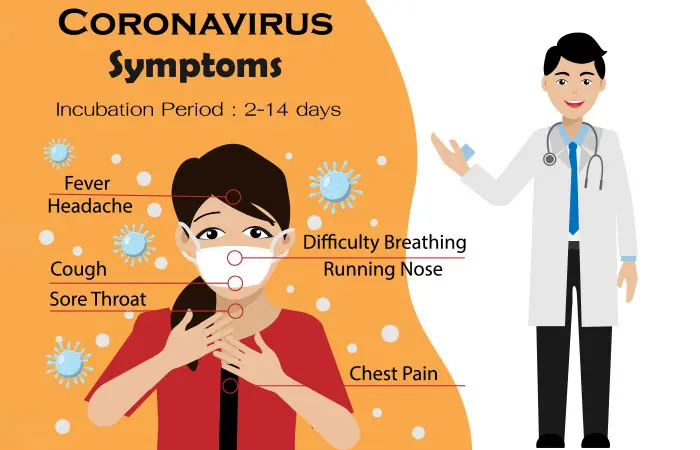
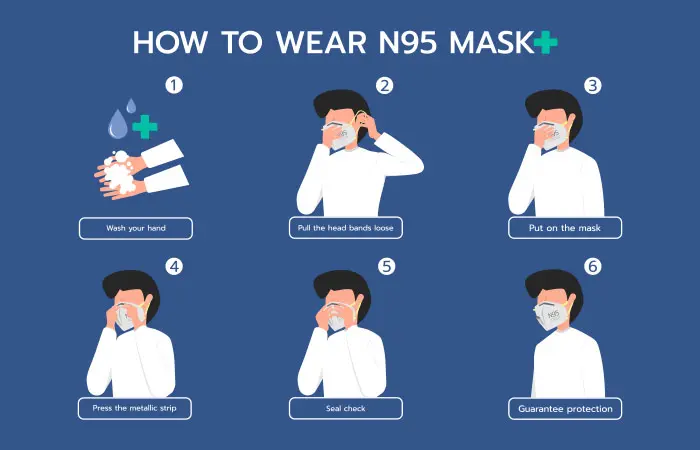

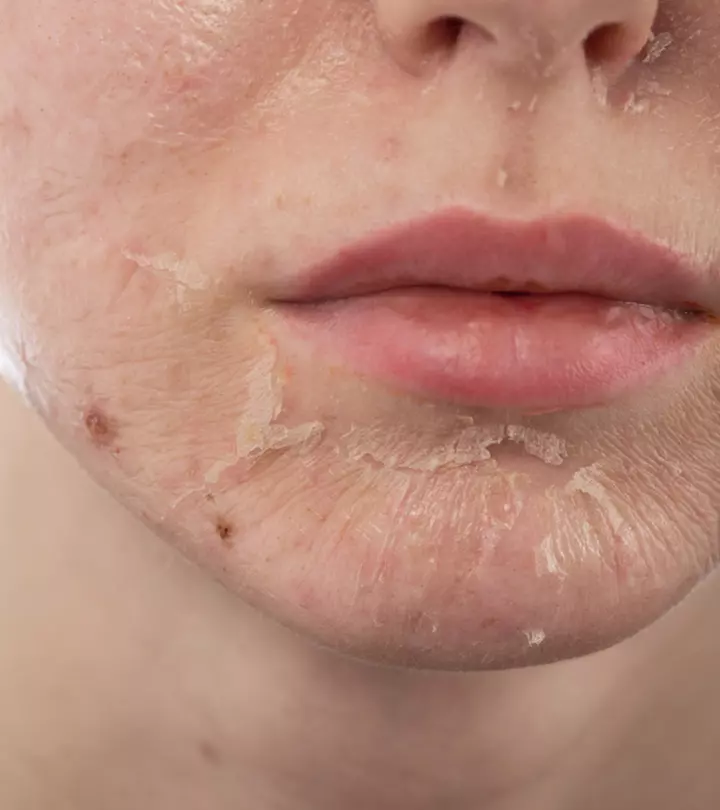
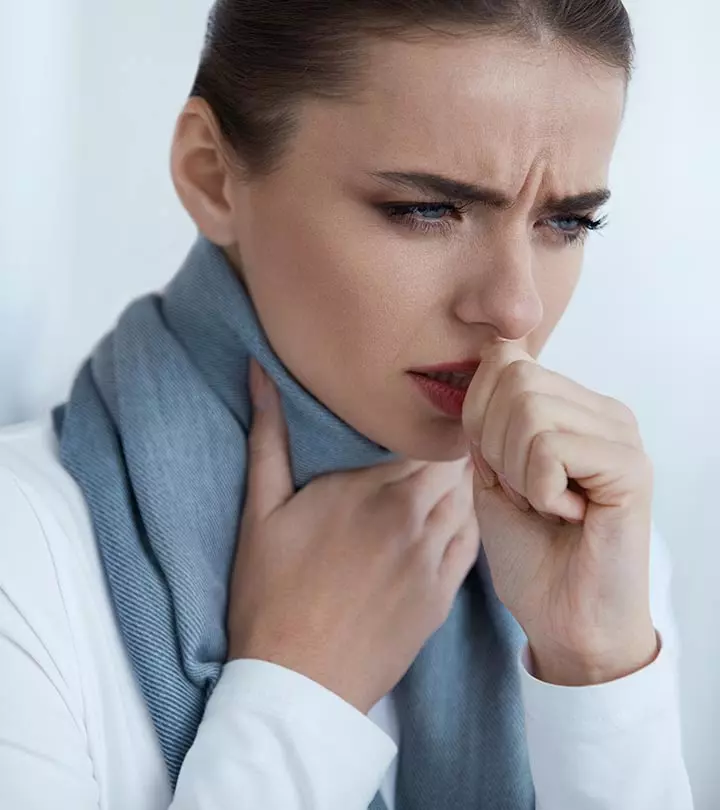
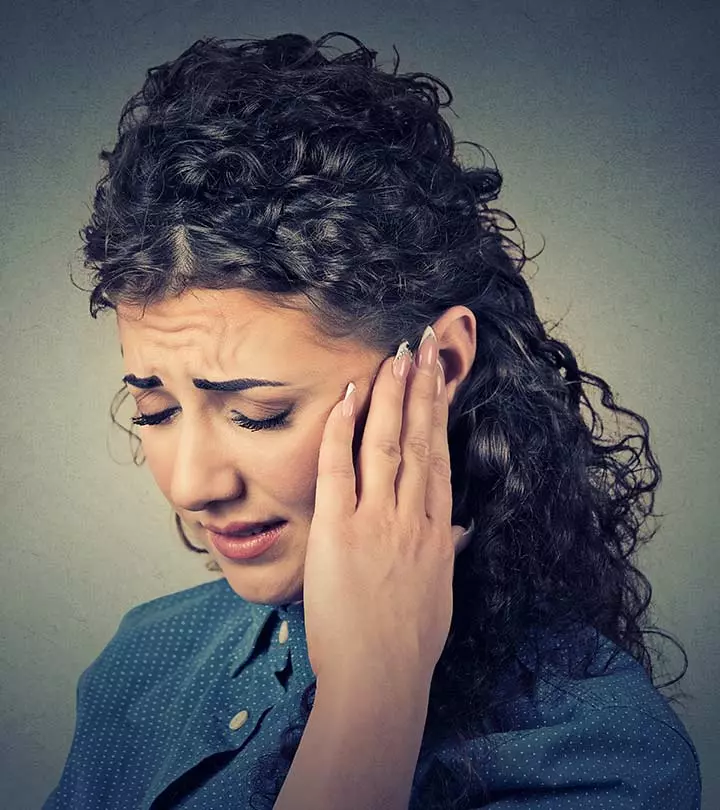
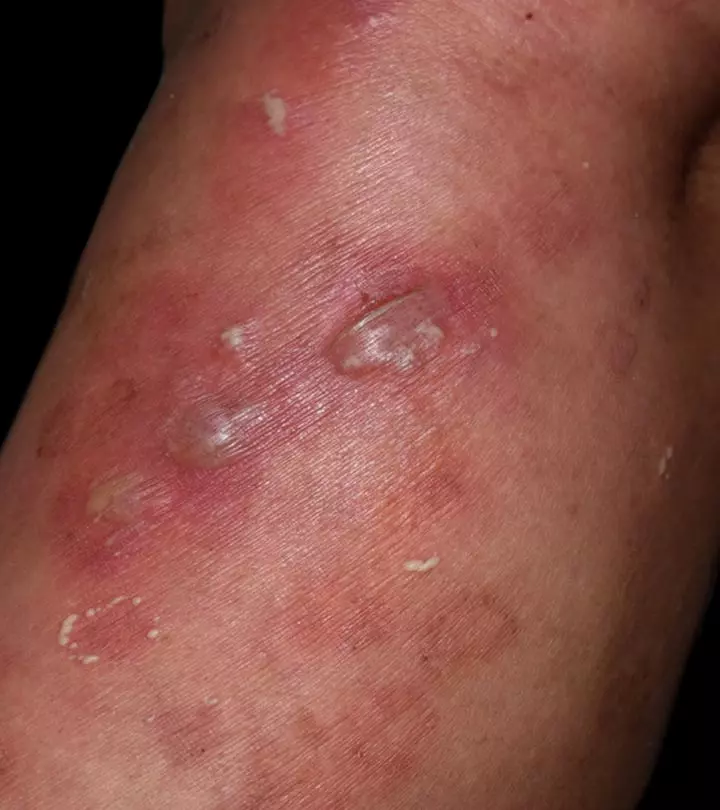
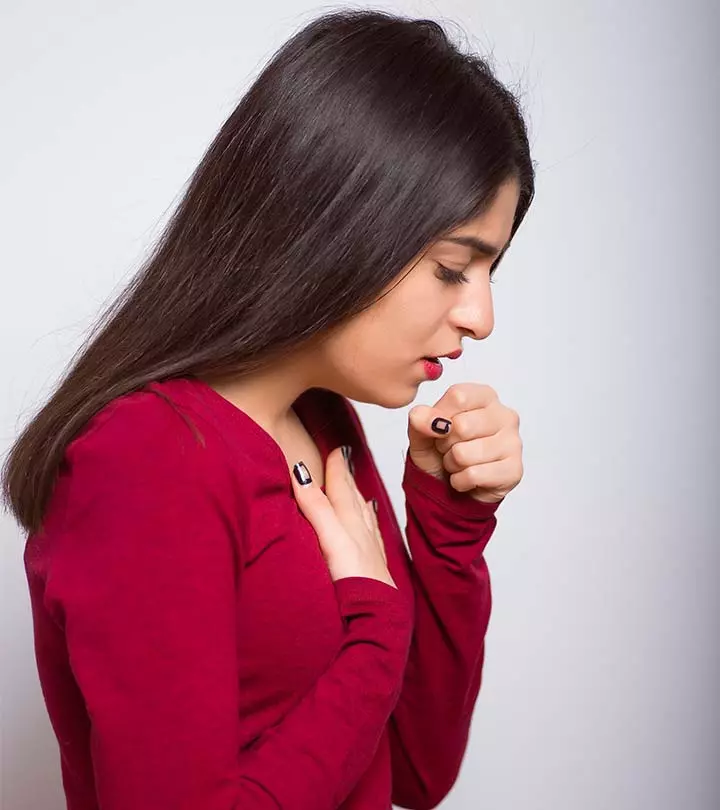
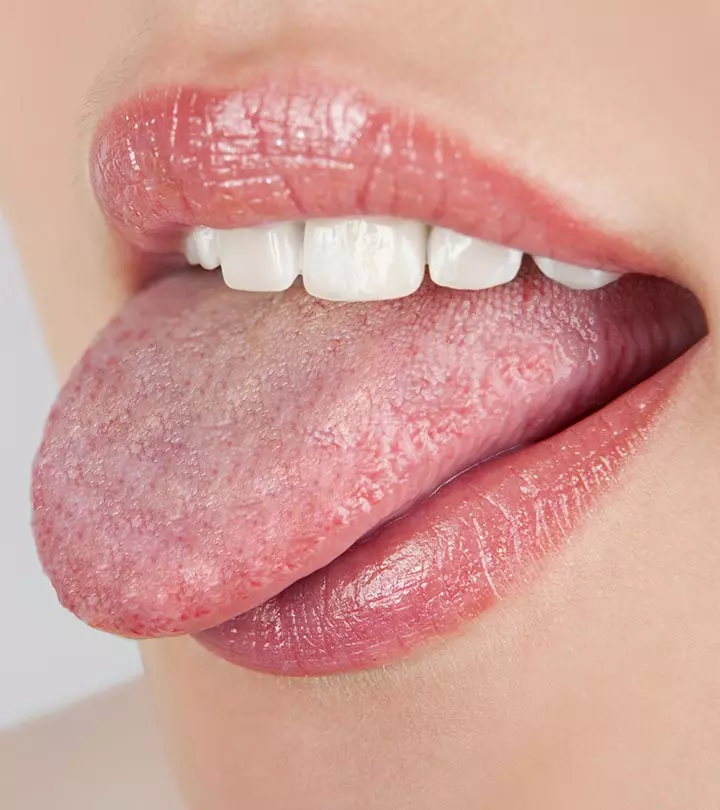

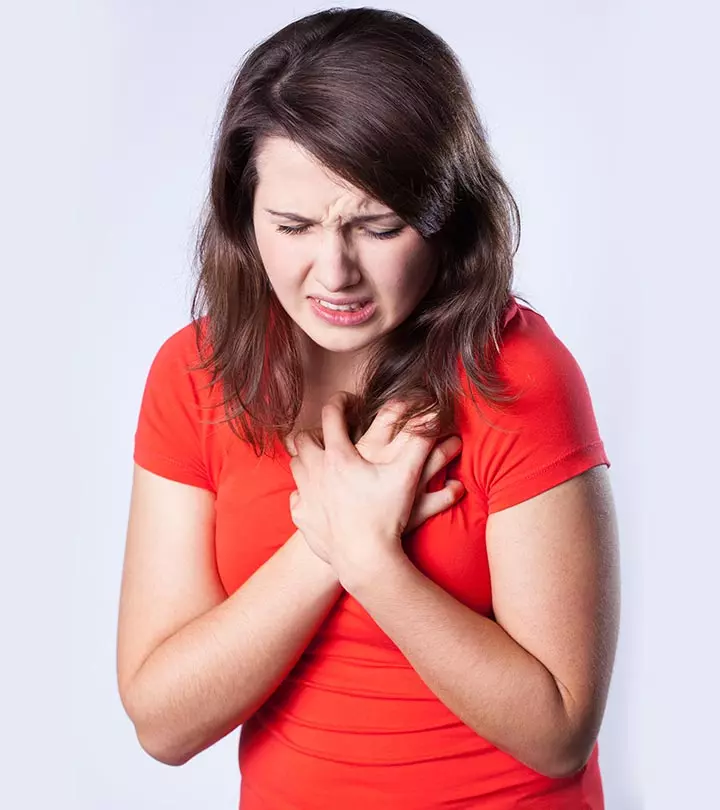












Community Experiences
Join the conversation and become a part of our empowering community! Share your stories, experiences, and insights to connect with other beauty, lifestyle, and health enthusiasts.